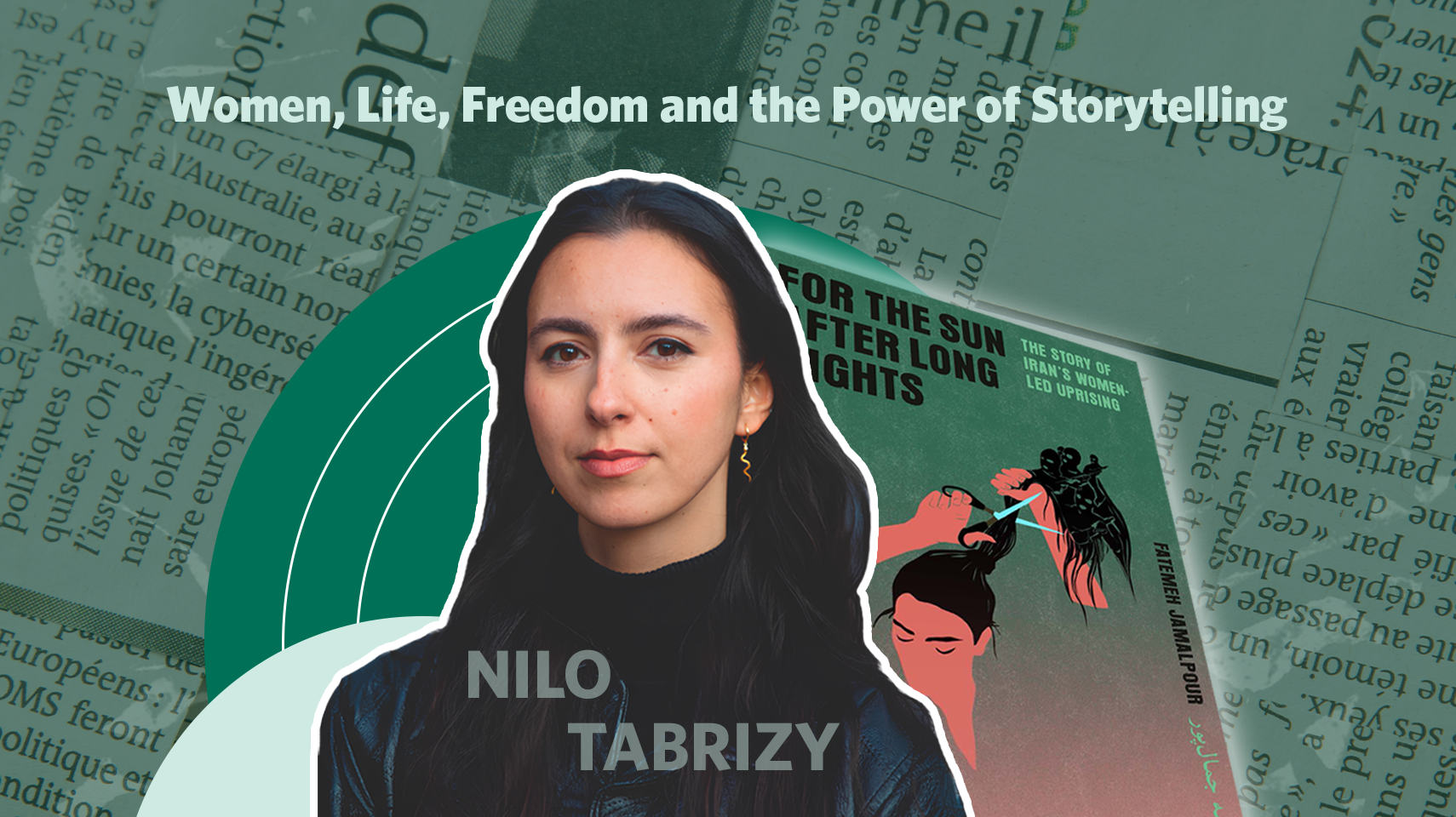

Andres Droege, BA'10
Andrés Ruiz Droege (BA’10) is a UBC Political Science alum now working as the Head of Business Development at Cluster Design in Bogotá, Colombia.
We spoke with Andrés about his time at UBC and how his degree in Political Science has impacted his career in tech.
Why did you choose to study Political Science at UBC?
As a kid, I wanted to become a pilot. That dream eventually evolved into an interest in exploring different cultures – living in different contexts and knowing the cultures and learning the languages.
In my teenage years, I became interested in constitutional arrangements and how states organize themselves after a family trip to Rome, Italy. I was amazed at the history that the city had to offer and wanted to understand the political arrangements behind ancient Rome. That’s what triggered my interest in societal organization and eventually led to my major in Political Science.
What were some of your most meaningful experiences and skills learned through studying Political Science?
The Latin American Studies Department and Political Science Department field trip to Mexico. We essentially transplanted the UBC campus over to Chiapas in southern Mexico for six months with four professors and a group of Arts students from UBC. We took theory courses paired with field trips to the Yucatan Peninsula to understand certain historical and political contexts in Chiapas.


Andres on the LASOM field trip
At that time, NAFTA was in place in between Mexico, the United States and Canada. We looked at the implications of economic policies for local populations – meaning policies that are drafted and decided thousands of kilometers away in Washington or Ottawa or Mexico City, but where the local impacts don’t always correlate with the central government’s intentions. That experience was quite interesting and very meaningful.
Critical thinking was an essential part of the trip and the entire Political Science program, and I think it is the most valuable skill I gained from my degree.
Could you tell us about your career journey thus far? How has that trajectory played out from your studies at UBC to where you are now?
When I first graduated, I worked in Vancouver in the customer service sector for a few years. The job market was very competitive at the time, in the middle of the banking crisis, so I eventually decided to learn how to develop websites.
After that, things started to change very quickly for me. I started my career in Vancouver with a company that offered data-centered solutions to public and private waste management operators in North America and Latin America. Essentially, we helped landfills and recycling centers operate more efficiently and made the trash collection routes more efficient by leveraging and visualizing their operational data.
After a few years, the World Bank offered me a position as a Solid Waste Technology Consultant in Washington DC. There, we provided technological assistance to make waste management efforts more efficient, and thus help cities and states in Latin America decrease waste management costs based on data and evidence.
Throughout those years working for the World Bank, I travelled across the entire continent and eventually landed in Brazil, where I lived for a few years before the pandemic.
Can you tell us about your current position? How has your Political Science degree helped you in your career?
Now, I work at a startup company that does data visualization for organizations in the public and private sectors. We take raw data and visualize it to help people make evidence-based decisions.
My title is Head of International Business Development, and my role is to bridge the communication gap between technical and business knowledge – between what a customer thinks they need (vs what they actually need!) and what we can deliver to solve their operational hurdles with our technical expertise in data visualization.
Bridging the two universes between a team of very technical people and a team of very business-oriented people is a key part of my role. I wouldn’t be able to do this without the kind of critical thinking skills that I learned in my Political Science degree.
What is your advice to current students or recent graduates of the major?
In a nutshell, I would advise people to not rely only on their BA major.
The times have changed, and the market is looking for more hands-on and agile responses to problems or challenges. An Arts degree is extremely useful for understanding the overall concepts, but it must be paired with a hard skill.
The technology field evolves very quickly, so if you choose this path, I also recommend that you stay on top of emerging technologies – learn every day and keep updating your skills. What you know today is going to be irrelevant tomorrow, especially now that we’re experiencing the dawn of artificial intelligence.
On that note, these critical thinking skills gained from a BA major are also very important when engaging with these new and flashy AI-fueled LLMs or Machine Learning tools. In your day to day, if you don’t have some understanding of how these work in the background, or how they generate the content you receive, and the pitfalls that they inherently have, they can eat you up with misleading information.
What I learned at UBC more than a decade ago is helping me analyze and think critically about what ChatGPT, for example, might be throwing at me at any given query I send it and I will then be more prepared to discern what is useful and what is not (or, most critically, what is true or false information that this model is churning out).


